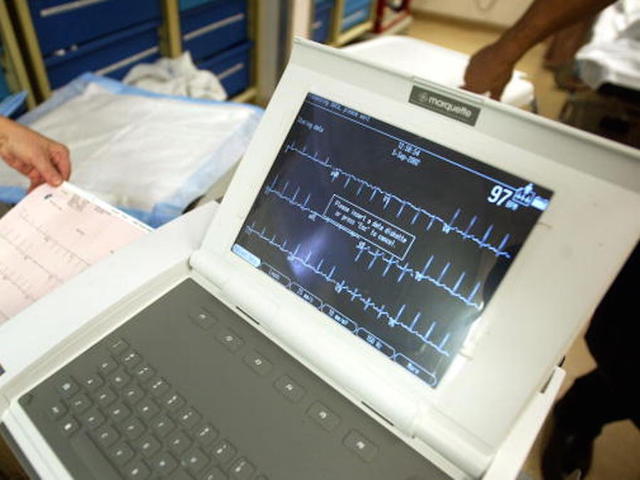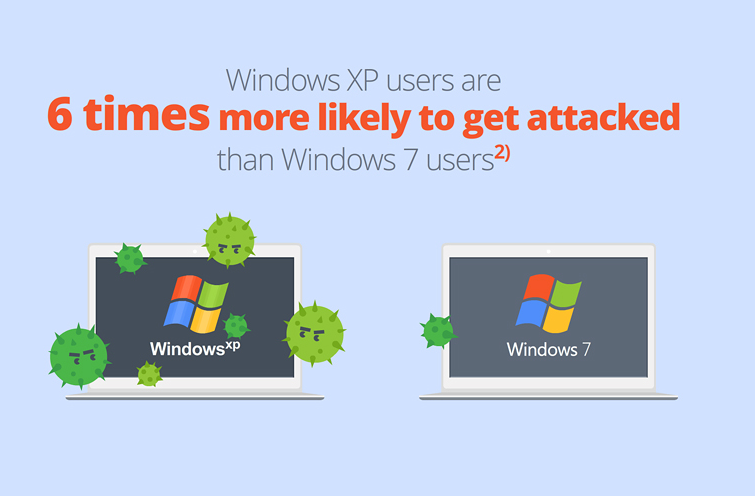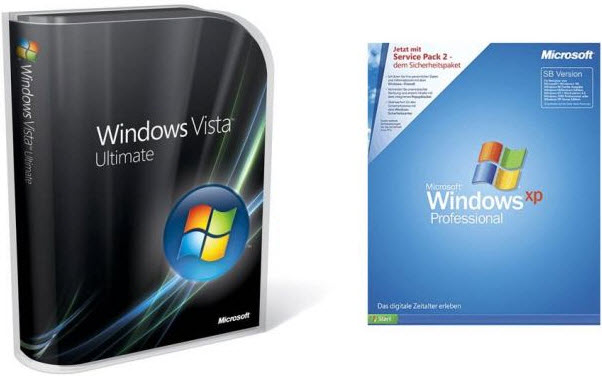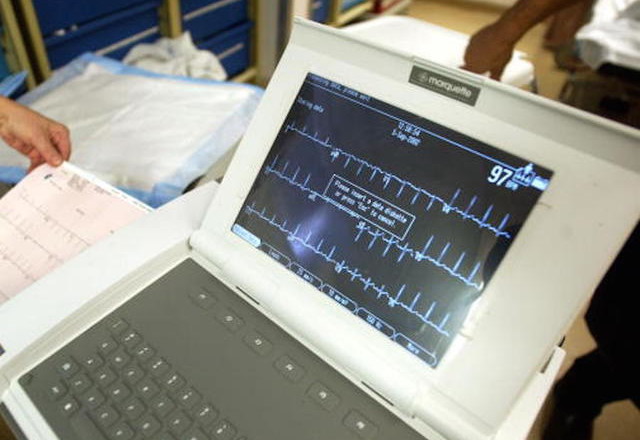
The smooth running of a hospital is paramount to its patients’ health, but what happens when malware is used to breach the hospital’s systems?
Well, a new report by TrapX reveals that we now know the answer and that it’s turning into a serious threat. The main cause appears to manifest itself in the lax security provided by outdated operating systems such as Windows Vista and Windows XP.
Now, not only is this a threat to hospitals, but, as we’ve covered before, also to any business which switches on a PC during their working day. Seeing as that includes pretty much every business on the planet, it’s crucial that you understand this security threat.
Security Attacks on Hospitals

By using malware which has the external appearance of being an outdated piece of malware, hackers have been able to smuggle in extremely new pieces of code which older systems aren’t capable of defending themselves against.
An old piece of malware is employed as the carrier for this malicious code because newer PCs would be patched and not consider it a threat. However, once the hackers deliver their payload, they’re able to exploit older PCs on the network.
For example, hackers were able to run malware which, whilst not affecting PCs running Windows 10, was able to take control of a radiation oncology machine powered by Windows XP. Obviously, this could cause huge healthcare issues, but, this time at least, the attackers were not interested in damaging the equipment.
Instead, the hackers used this vulnerability to create entry points into the hospital system which would provide access to highly sensitive data. And this wasn’t just an isolated case; the study by TrapX monitored three attacks on different medical institutes and has advised that these types of attacks are escalating.
Protecting Your Business from Legacy Attacks

Legacy attacks, which are attacks exploiting older operating systems, are well known for attacking the healthcare industry, but virtually any business which runs an outdated piece of software needs to remain vigilant.
And, unfortunately, it’s commonplace for businesses to fall behind on software upgrades due to costs, downtime or just old fashioned mistakes. The most pressing ramification from this scenario is that developers of operating systems eventually stop creating security patches for these older systems.
For a hacker, of course, this presents them with one of the easiest attacks they’re ever going to carry out. Remember, hackers will not cut you any slack. If they can get in, they will get in through the easiest route possible.
This is why it’s vital that you ensure your computer systems are as up to date as they can possibly be. Install ALL updates as soon as you’re prompted as this will give you the best possible chance to block opportunistic hackers.
What’s most important, though, is to keep an eye on the operating systems behind all your hardware. Make it a point to carry out an audit every couple of months to evaluate the operating systems behind the hardware you’re running.
And, if a piece of hardware is no longer supported by newer operating systems, then it’s time to consider replacing it. Sure, for a while, the older operating system it runs on will continue to receive updated patches, but at some point they will stop and your protection will become rapidly out of date.
For more ways to secure and optimize your business technology, contact your local IT professionals.







